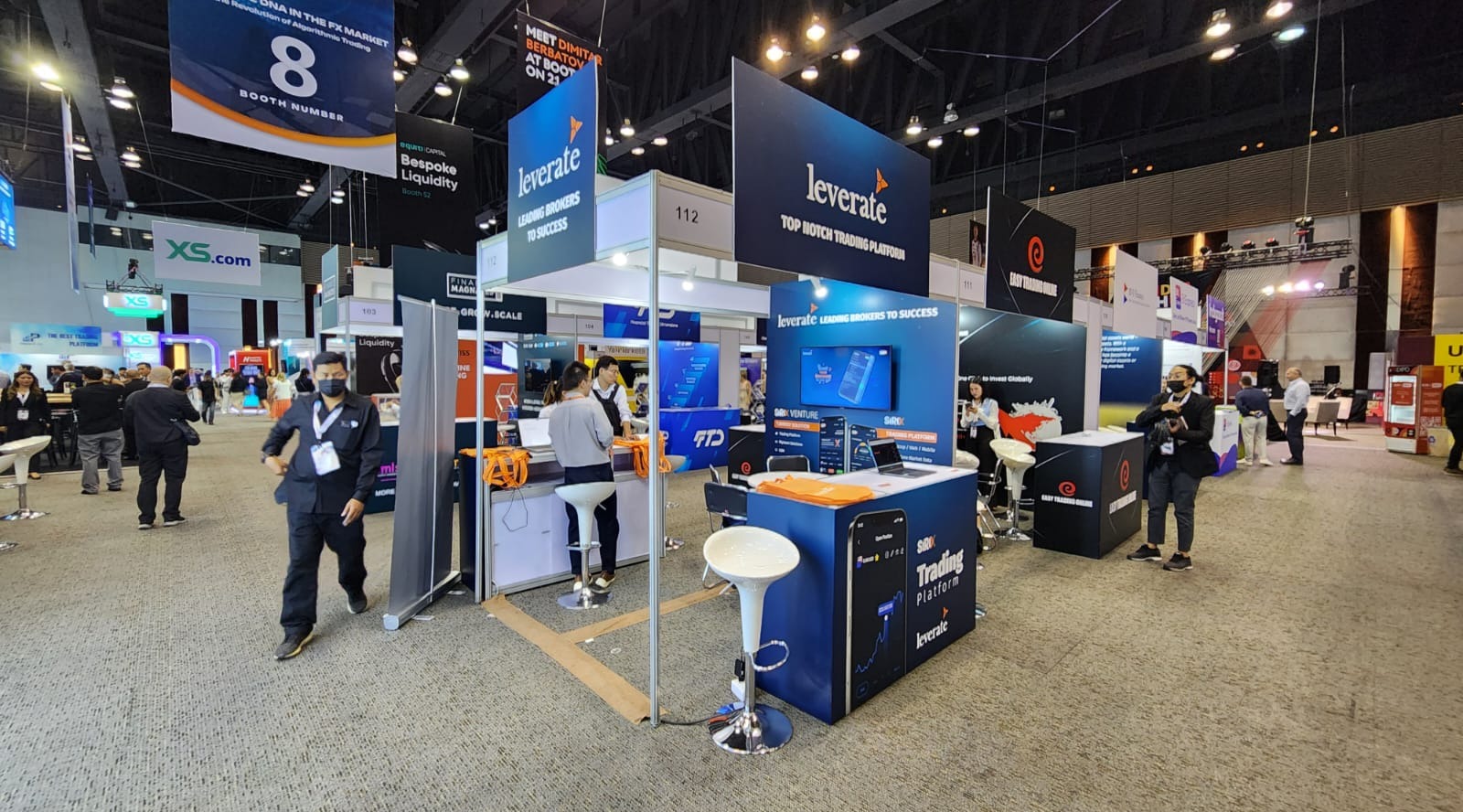Following regulatory issues in the US and a lawsuit in June which suggested illegal activities within the country, the clouds over Coinbase seem to be clearing. Today (Wednesday), the platform announced that it has been granted regulatory approval from the National Futures Association (NFA) to introduce crypto futures to its US institutional customers.
Coinbase Gains FCM License after Nearly Two Years
The cryptocurrency exchange, Coinbase has repeatedly emphasized the importance of crypto market regulations. In September 2021, it applied for Futures Commission Merchant (FCM) authorization with the NFA. Although the process of establishing a business model that aligns with the Commodity Futures Trading Commission's (CFTC ) requirements was intricate and prolonged, the platform finally received permission to offer regulated cryptocurrency instruments for eligible customers in the United States.
"Since our application in 2021, our team has engaged closely with regulators, ensuring our business model aligns with CFTC's customer protection standards," said Greg Tusar, the Vice President of Institutional Products at Coinbase Financial Markets, Inc., in today's blog post.
Tusar added that Coinbase aims to build the most trusted and secure products and services in the cryptocurrency space.
This move will undoubtedly help Coinbase reclaim some of its lost share in the US cryptocurrency market. Both Coinbase and Binance have experienced significant losses after the June SEC lawsuits, with the latter's market share in the local market falling below 1%.
Huge Market, Huge Potential
According to Coinbase, the global crypto derivatives market is enormous, accounting for approximately 75% of global crypto trading volume. It allows traders to use margins, allowing for more flexible investments than traditional spot trading. However, this does not change the fact that, according to the latest data, there has also been a decline in derivatives market volumes to this year's lows.
Coinbase's acquisition of FairX in 2022, now rebranded as the Coinbase Derivatives Exchange, was a strategic decision to leverage the benefits of derivatives trading. The exchange has since seen significant growth, with a notable liquidity pool featuring $4.7 billion BTC and $2.0 billion ETH futures traded this year.
"In the coming months, we'll provide additional information on how our verified US customers can access our futures offering," Tusar concluded.
Exchanges moving towards derivatives markets come at a time when US regulators are taking a closer look at digital assets, classifying them as securities. In April, the Winklevoss twins' exchange, Gemini, established its own crypto derivatives platform outside of the US.


















